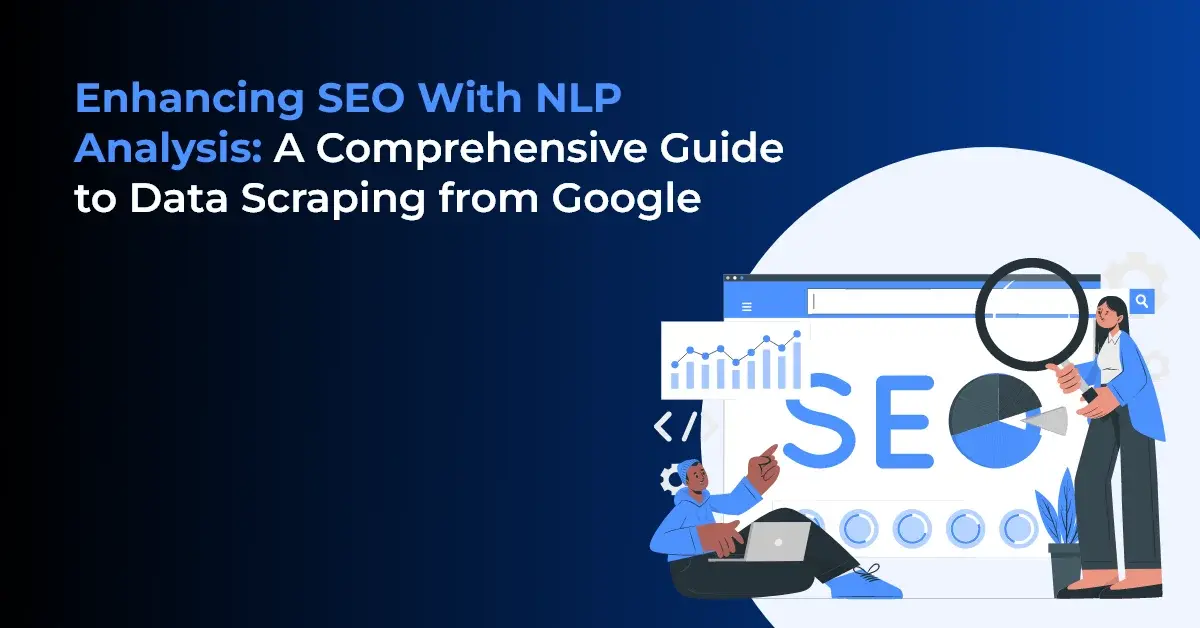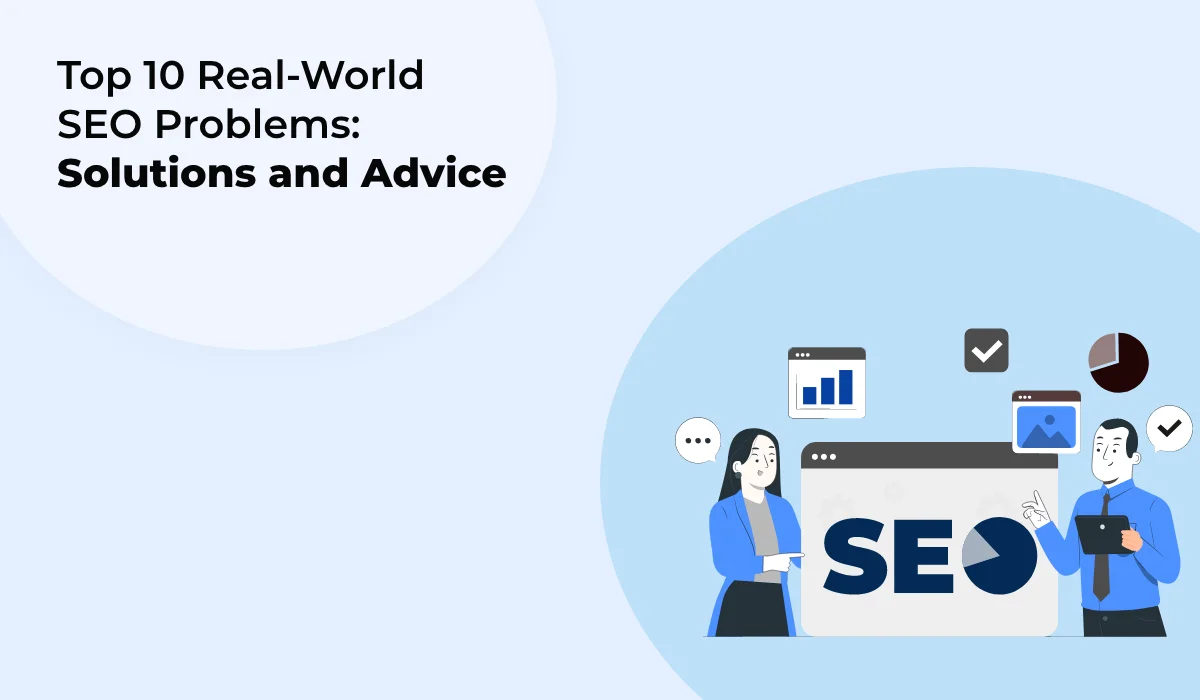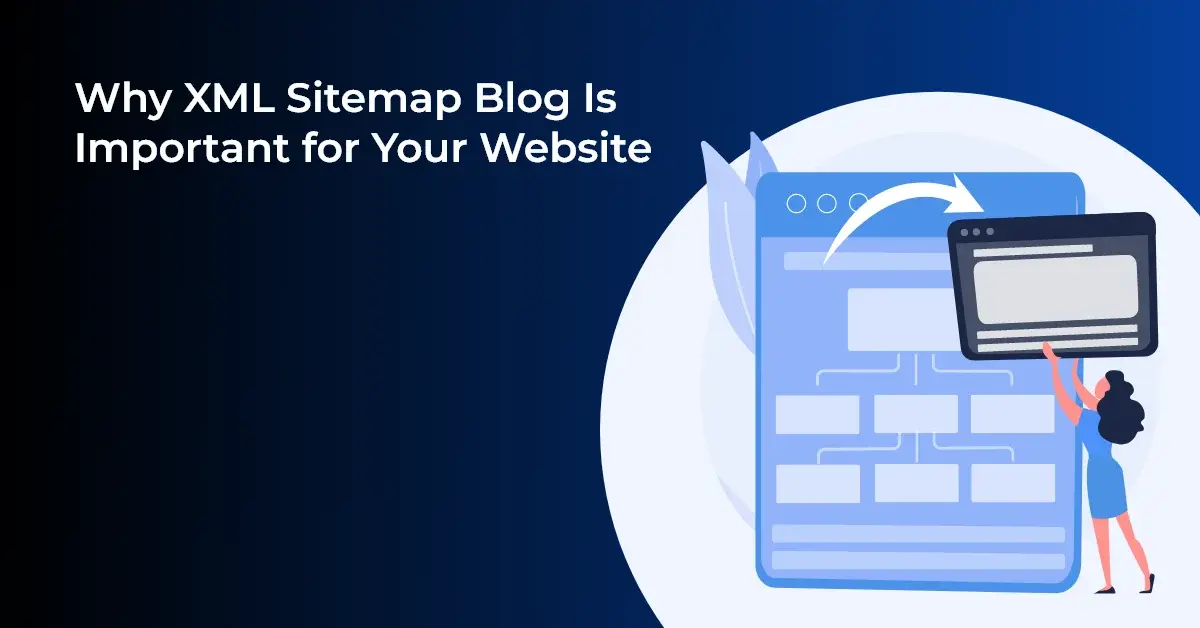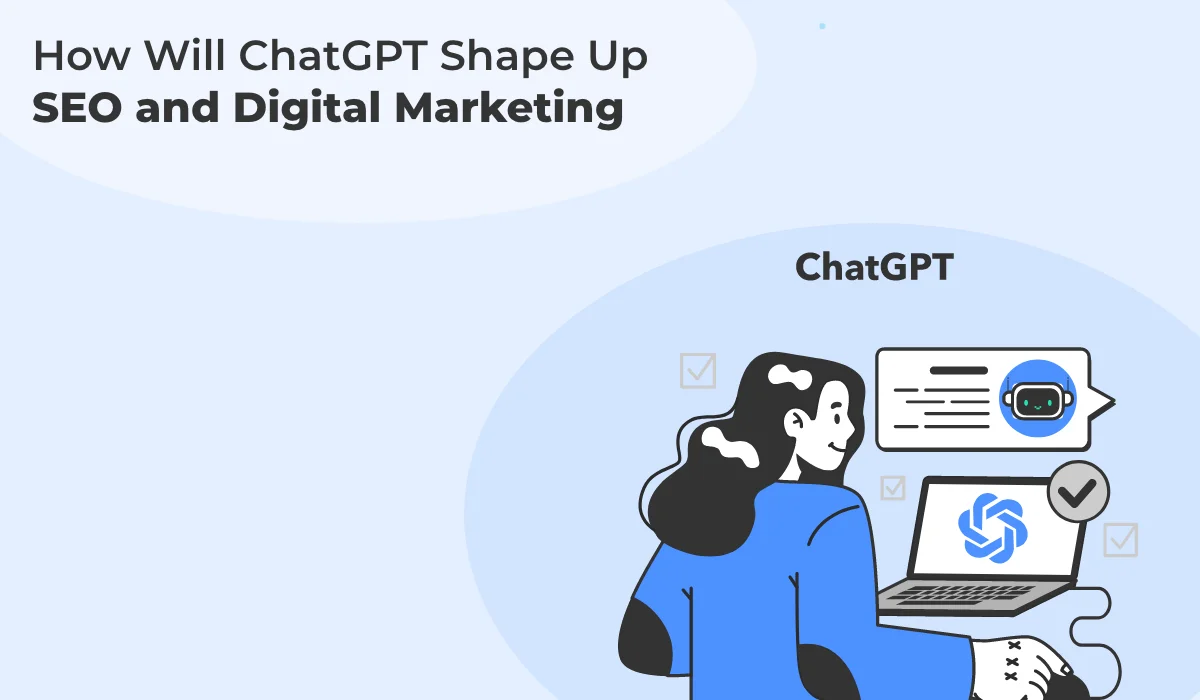Enhancing SEO With NLP Analysis: A Comprehensive Guide to Data Scraping from Google

Published on: July 25, 2023
Updated on: July 10, 2024
745 Views
- SEO (Search Engine Optimization)
4 min read
Is your website lost in the vast online sea? Wondering how to unlock the secrets that will propel it to the top of search engine rankings?
Well, dive into the world of SEO magic with help from our friend, NLP analysis!
Today, it is important that your website is noticed, and that's why search engine optimization (SEO) is an important part of the marketing process. If you want to stay ahead of the compeition, you need to use advanced tools and techniques. In this article, we're talking about Natural Language Processing (NLP) analysis – it's a game-changer for SEO.
Get ready as we explore how NLP analysis can boost your website's performance and how you can get valuable data from Google using NLP.
Understanding NLP Analysis
NLP analysis is a part of artificial intelligence (AI) that focuses on understanding and interpreting human language. It allows machines to process, analyze, and generate natural language to understand text-based data better.
Over time, NLP techniques have evolved a lot, which lets businesses learn more about customer behavior, do sentiment analysis, and improve content.
Leveraging NLP Analysis for SEO
Keyword Research and Optimization
NLP analysis helps SEO professionals identify relevant keywords by understanding user search intent. By analyzing patterns and trends in user queries, NLP algorithms can suggest targeted keywords that are more likely to drive organic traffic. This enables content creators to optimize their websites and content with the right keywords, improving search engine rankings.
Content Creation and Optimization
NLP analysis aids in creating high-quality content that resonates with the target audience. By analyzing user preferences, sentiment, and language patterns, NLP algorithms can guide content creators in crafting engaging and informative articles, blog posts, and website copy. This results in a better user experience, increased time spent on the website, and higher chances of backlink acquisition.
Voice Search Optimization
With the increasing popularity of voice assistants like Siri, Alexa, and Google Assistant, voice search optimization has become crucial. NLP analysis enables SEO professionals to understand spoken queries better and optimize content accordingly. Websites can gain visibility in voice search results by incorporating long-tail keywords, conversational language, and question-based content.
User Intent Analysis
Understanding user intent is essential for providing relevant search results. NLP analysis can help identify different types of user intent, such as informational, navigational, and transactional. By aligning content with user intent, websites can attract more qualified traffic and improve conversion rates.
Data Scraping from Google Using NLP Analysis
Data or web scraping is the process of extracting information from websites. When paired with NLP analysis, it forms a potent technique to collect valuable insights from search engine result pages (SERPs).
Here's a straightforward guide on how to scrape data from Google using NLP analysis:
Identify the Target Data
Determine the specific data you want to extract from Google, such as search results, featured snippets, or related searches.
Choose a Scraping Tool
Select a reliable web scraping tool that supports NLP analysis and integrates with Python, such as BeautifulSoup or Scrapy.
Build the Scraping Script
Write a Python script that utilizes the chosen scraping tool to send requests to Google, retrieve HTML data, and parse it for relevant information.
Extract Data with NLP
Once the HTML data is retrieved, leverage NLP techniques to analyze and extract the desired data. For example, you can use named entity recognition to identify entities mentioned in the search results.
Clean and Structure the Data
Process the extracted data to remove noise, irrelevant information, and duplicates. Structure the data in a format suitable for further analysis, such as CSV or JSON.
Analyze and Utilize the Data
With the extracted data in hand, perform an in-depth analysis using NLP techniques. Gain insights into search trends, competitor analysis, or keyword research to inform your SEO strategy.
Conclusion
NLP analysis is a valuable tool for SEO professionals seeking to improve their website's visibility and performance. Businesses can stay ahead in the competitive digital landscape by leveraging NLP techniques, such as keyword research, content optimization, voice search, and user intent analysis.
Additionally, combining NLP analysis with data scraping from Google empowers SEO practitioners to gain valuable insights and make data-driven decisions. Embrace the power of NLP analysis and take your SEO efforts to new heights.
Frequently Asked Questions
NLP analysis, a powerful tool for SEO, enhances search engine rankings by understanding user intent behind search queries. By utilizing NLP algorithms, SEO professionals can identify relevant keywords and search patterns, enabling them to optimize website content with the right keywords. This targeted approach helps search engines recognize the relevance and value of the content, ultimately leading to higher rankings in search results.
The benefits of leveraging NLP analysis for keyword research in SEO are substantial. NLP algorithms dissect user search queries, identifying specific keywords related to user intent. Incorporating these relevant keywords into SEO strategies helps businesses attract organic traffic that aligns better with their content. As a result, this approach can lead to increased website visibility, higher click-through rates, and better conversion rates.
NLP analysis significantly contributes to content optimization by providing valuable insights into user preferences, sentiment, and language patterns. SEO professionals utilize this data to create high-quality, engaging content that resonates with their target audience. By crafting content aligned with user intent, search engines are more likely to recognize its relevance, resulting in higher rankings and improved SEO performance.
Data scraping, also known as web scraping, involves extracting valuable information from websites. Combining data scraping with NLP analysis becomes a powerful technique to gain insights from Google’s search engine result pages (SERPs). By employing Python-based scraping tools like BeautifulSoup or Scrapy, businesses can collect and analyze data to identify trends, conduct competitor analysis, and perform keyword research, all of which inform and enhance their SEO strategies.



